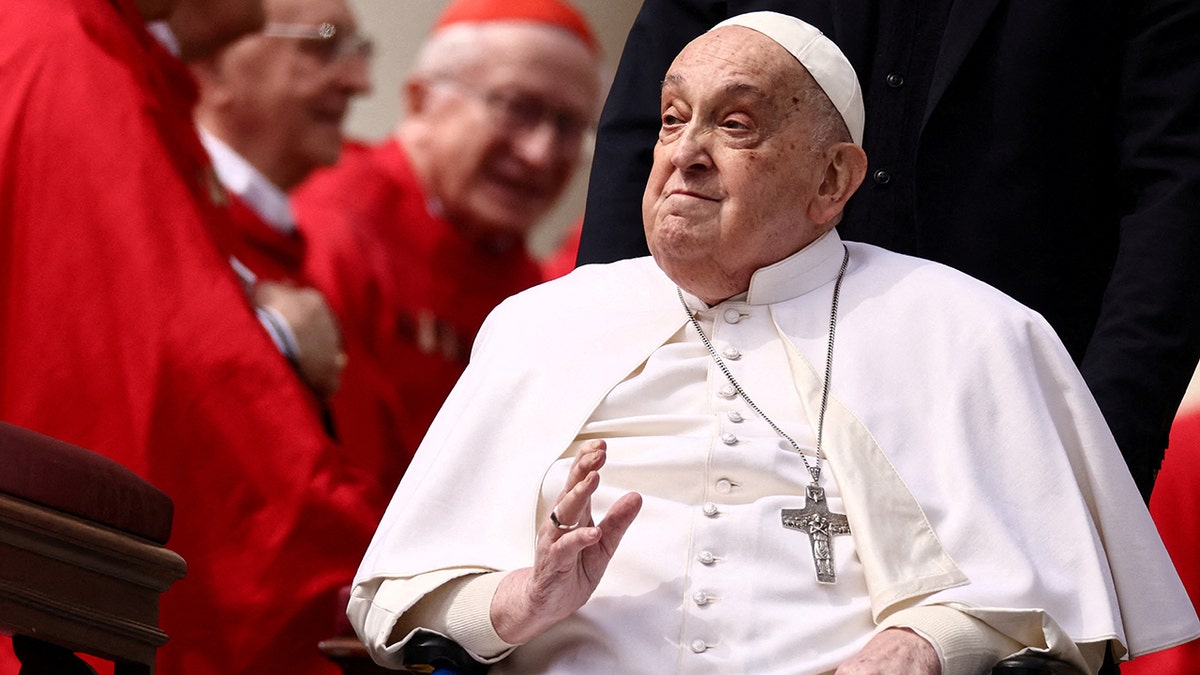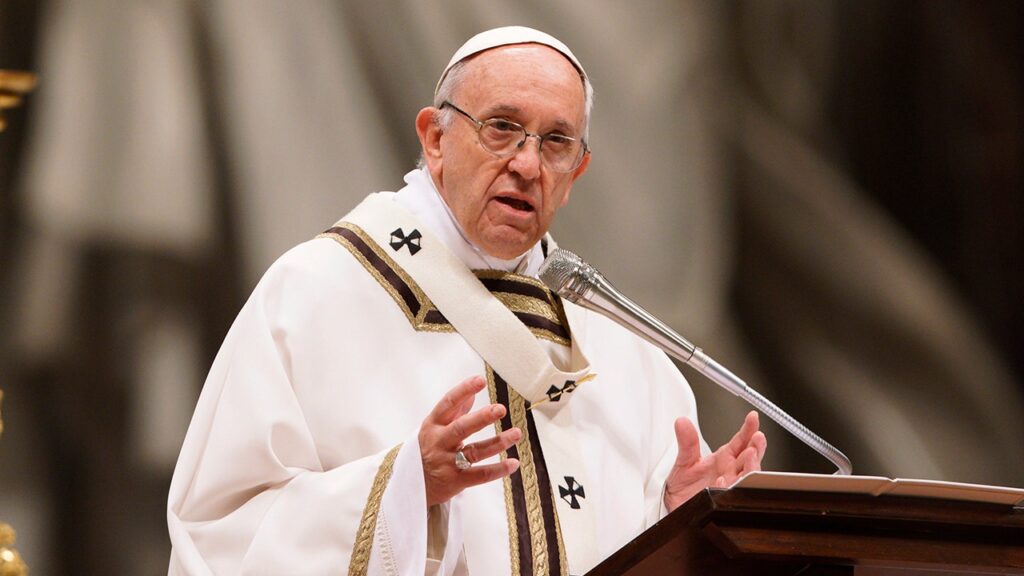Among his historical achievements as both the first pontiff from the Global South and the first born outside of Europe in over a millennia, Pope Francis is remembered in the days following his death as “the People’s Pope”.
The political characteristics of his sometimes controversial papacy were dedicated to environmental protection, supporting overlooked Catholic communities and compounding equality in the church.
“[The People’s Pope] is absolutely the best way to describe him,” Jana Bennett, professor and chair of the Department of Religious Studies at the University of Dayton in Ohio, told Fox News Digital.
POPE FRANCIS REVEALED BURIAL WISHES JUST DAYS AFTER BECOMING POPE IN 2013
Theology experts, Catholics and critics around the world are mourning the loss of Pope Francis, 88, born Jorge Mario Bergoglio in Argentina, and dissecting his papacy.
Pope Francis died on Monday, April 21, 2025, after battling bilateral pneumonia in the months preceding his death.
“Even as pope, he wanted to be treated as an ordinary person,” Bennett said. “I think it’s evident in the way that he wants to be buried.”
Pope Francis selected the Basilica of Santa Maria Maggiore, a cherished familiar holy place, as his final resting place just days after being elected pope in 2013. Separate from the leaders of the Holy See before him, Pope Francis chose one coffin versus three, made of wood, to be laid out as faithful pay their respects.
THEOLOGIAN ON ‘CONCLAVE’ ACCURACY, EXPECTATIONS FOR NEXT SECRETIVE EVENT AFTER POPE FRANCIS’ DEATH

The former pontiff released declarations and documents throughout his papacy which pointed to advancements for the betterment of both everyday Catholics and non-Catholics. He urged the faithful to have hope and seek mercy all the time, especially through the sacrament of confession.
“He believed that everybody should be hopeful,” Bennett said. “That we should hope in God and that there is always hope available, even in the darkest of times, for new life and for something new on the horizon.”
She added that Pope Francis preached a path forward, even for the most egregious sinners.
“I saw the way he interacted,” Bennett told Fox News Digital. “Even in the Popemobile he would try to bless people and talk with them. It was about the way he responded to common people.”
POPE FRANCIS TO LIE IN STATE, MOURNERS WELCOME: WHAT TO EXPECT FROM THE PONTIFF’S FUNERAL
“I think that you can’t understand Pope Francis’ papacy without attending to the very direct one-on-one way that he would reach out to people,” she said. “From the little baby that he would bless in the square to people with disabilities. He granted audiences with just a range of people; both people who were the most impoverished to people among the most powerful.”
During his 12-year papacy, Pope Francis met with many world leaders, including President Donald Trump, Queen Elizabeth II, King Charles III, Russia’s President Vladimir Putin and Ukraine’s President Volodymyr Zelenskyy.
“I think to him, everyone is deserving of a blessing,” Bennett said.
Among vocational and merciful acts of service, Pope Francis would wash and kiss the feet of men, women and children, including those of prison inmates, during an annual Holy Thursday ritual.
POPE FRANCIS EMPHASIZED CATHOLICISM GLOBALLY, REACHED BEYOND US, EUROPE INTO IMPOVERISHED NATIONS
“He changed the way we think about service to others and service to all and who is worthy of being served by a pope and respected by a pope,” Bennett said.
Pope Francis was the first pope to take the name of St. Francis of Assisi, well-known for his call for engagement with the impoverished, love of creation and the Church.
“I think all of those things showed up in Pope Francis’ papacy,” Bennett said.
Born in Buenos Aires, Pope Francis applied his world leadership to underscore care and concern for people at the margins, specifically in areas that lacked an abundance of clergy.
CLICK HERE TO GET TO THE FOX NEWS APP
“He also had a strong awareness of the global nature of the church,” Bennett said. “He had a way of responding to people from different countries, different continents. He was a very sharp politician. He was especially aware of the financial corruption at the Vatican, and he was able to respond to that.”
Pope Francis instituted reforms to ensure charitable and reputable business practices at the Vatican Bank.
“He surrounded himself with advisors,” Bennett said.
Read the full article here

